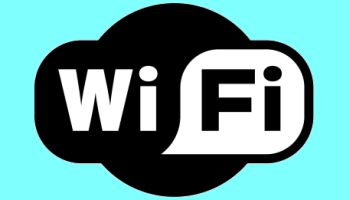The Institute of Electrical and Electronics Engineers (IEEE) on Monday approved the fourth major revision to the 802.11 standard – widely known under the Wi-Fi brand – bringing in improvements in areas such as quality of service, security and cellular network hand-off.
The 802.11-2012 standard, announced at the CTIA Wireless 2012 event in New Orleans, is the fourth revision since 802.11’s initial publication in 1997.
Consolidation
The new release consolidates 10 amendments to the base standard that have been approved since its last major revision in 2007, but also includes new improvements in areas such as handoff to and from cellular networks, according to Bruce Kraemer, chair of the IEEE 802.11 working group.
 The release brings together five years of “evolutionary” work and was voted on by more than 300 representatives from across industry, Kraemer said.
The release brings together five years of “evolutionary” work and was voted on by more than 300 representatives from across industry, Kraemer said.
“Work on the next generation of IEEE 802.11 already has commenced with a variety of project goals including extensions that will increase the data rate by a factor of 10, improve audio/video delivery, increase range and decrease power consumption,” Kraemer said in a statement.
Among the updates consolidated in the 802.11-2012 release are the modifications introduced with 802.11n, which enable higher throughput up to 600MB/s.
The release also consolidates amendments related to the setup of direct links; “fast roam”; radio resource measurement; operation in the 3650-3700MHz band; operation in vehicles; mesh networking; security; delivery via broadcast/multicast and unicast; working with external networks; and network management.
Need for speed
The number of Wi-Fi devices continues to grow dramatically, with market research firm In-Stat recently predicting that there will be almost one billion devices supporting the 802.11ac standard by 2015.
The 802.11ac standard will boost network speeds to a Gigabit and will use multiple-user MIMO (multiple input, multiple output), which sends streams of data to different users on the same channel.
Wi-Fi’s significance was underscored in March when the GSM Association, representing mobile network operators, signed up to the Next Generation Hotspot (NGH) initiative, designed to ease roaming between Wi-Fi and cellular networks.
How well do you know the cloud? Take our quiz.




